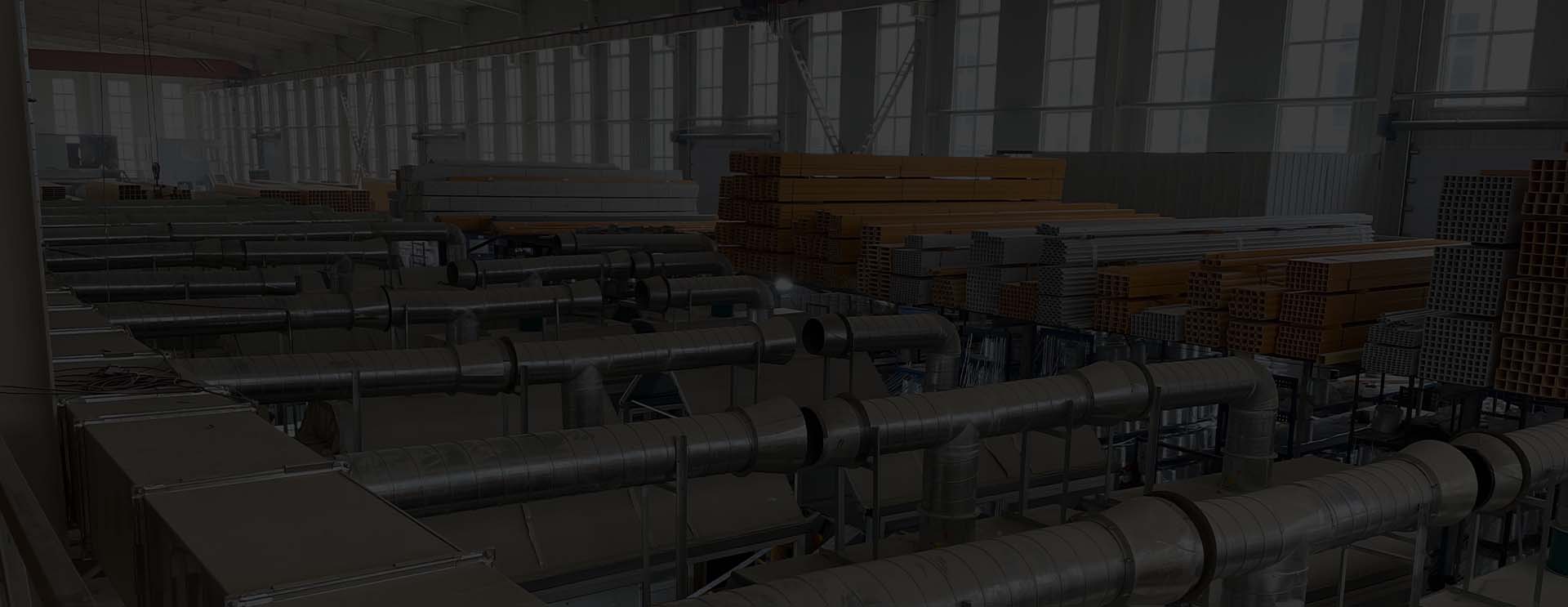loading...
- No. 9, Xingyuan South Street, Dongwaihuan Road, Zaoqiang County, Hengshui, Hebei, China
- admin@zjcomposites.com
- +86 15097380338
- Welcome to visit our website!
activated carbon filter vessel
The Importance of Activated Carbon Filter Vessels in Water Treatment
In an era where clean water is increasingly recognized as a fundamental human right, the role of activated carbon filter vessels in water treatment systems cannot be overstated. These innovative devices serve as key players in the purification process, effectively removing contaminants and improving water quality. This article explores the significance, functionality, and applications of activated carbon filter vessels in various sectors, including municipal water treatment, industrial processes, and residential supply systems.
What is Activated Carbon?
Activated carbon, also known as activated charcoal, is a form of carbon that has been processed to have small, low-volume pores that increase the surface area available for adsorption or chemical reactions. This unique porous structure allows activated carbon to capture and hold a range of impurities, including organic compounds, chlorine, volatile organic compounds (VOCs), and even some heavy metals. The process of activation is achieved through carbonization and activation with oxidizing gases at high temperatures, enhancing its adsorptive properties.
Mechanism of Activated Carbon Filter Vessels
Activated carbon filter vessels are designed to utilize the adsorption capacity of activated carbon in a practical and effective manner. The vessels typically consist of a durable outer shell that encases layers of activated carbon. As water enters the vessel, it flows through these layers, allowing contaminants to adhere to the surface of the activated carbon. This process not only removes impurities but also helps in reducing undesirable tastes and odors present in the water.
The effectiveness of activated carbon filtration depends on various factors, including the type of activated carbon used, the flow rate of the water, contact time, and the concentration of impurities. Regular maintenance and timely replacement of the carbon are essential, as saturation occurs over time, diminishing its effectiveness.
Applications of Activated Carbon Filter Vessels
1. Municipal Water Treatment Activated carbon filter vessels play a crucial role in municipal water treatment plants, ensuring that drinking water meets safety standards by removing chlorine, chloramines, and organic contaminants. This is particularly vital in areas where water supply may be compromised due to pollution or aging infrastructure.
2. Industrial Processes In various industries, including pharmaceuticals, food and beverage, and petrochemicals, the quality of water is paramount. Activated carbon filter vessels are employed to safeguard product integrity and enhance operational efficiency by treating process water and wastewater.
activated carbon filter vessel

3. Residential Systems More households are investing in activated carbon filtration systems to improve tap water quality. These home filtration units help in removing fluoride, lead, and other harmful substances, providing peace of mind for families concerned about water quality.
4. Aquaculture and Aquariums Maintaining water quality in aquaculture and aquarium settings is vital for the health of aquatic life. Activated carbon filter vessels remove toxins and improve the clarity of the water, ensuring a healthier environment for fish and other marine species.
Advantages of Activated Carbon Filter Vessels
The utilization of activated carbon filter vessels offers numerous benefits
- Cost-Effective Compared to other purification methods such as reverse osmosis or distillation, activated carbon filtration is relatively inexpensive, both in terms of installation and maintenance.
- Environmentally Friendly Activated carbon is derived from natural materials and has minimal environmental impact when used responsibly. Additionally, many types of activated carbon are made from renewable resources like coconut shells or wood.
- Non-Toxic Activated carbon does not introduce any harmful chemicals into the water, making it a safe choice for drinking water applications.
- Versatility Activated carbon filter vessels can be tailored to meet the specific needs of different applications, making them adaptable for various contexts.
Conclusion
Activated carbon filter vessels are an essential technology in the quest for clean, safe drinking water. Their ability to effectively remove a wide range of contaminants makes them indispensable in municipal, industrial, and residential water treatment systems. As the demand for clean water continues to rise, investing in modern filtration technologies like activated carbon is not just beneficial; it is an urgent necessity for protecting public health and preserving the environment. The future of water treatment lies in efficient, sustainable solutions, and activated carbon filter vessels stand at the forefront of this crucial endeavor.
-
GRP Structures: The Future of Lightweight, High-Performance EngineeringNewsJun.20,2025
-
FRP Water Tank: High-Performance Storage for Corrosive and Clean Water SystemsNewsJun.20,2025
-
FRP Square Tube: The New Industry Standard for Chemical and Structural ApplicationsNewsJun.20,2025
-
FRP Pultruded Profiles: The Ultimate Choice for Lightweight Structural StrengthNewsJun.20,2025
-
FRP Handrails: The Safer, Smarter, and Stronger Choice for Modern InfrastructureNewsJun.20,2025
-
FRP Grating: The Smart Solution for Durable, Lightweight Industrial FlooringNewsJun.20,2025
-
Why Choose a Galvanized Water Tank for Your Storage NeedsNewsMay.21,2025
